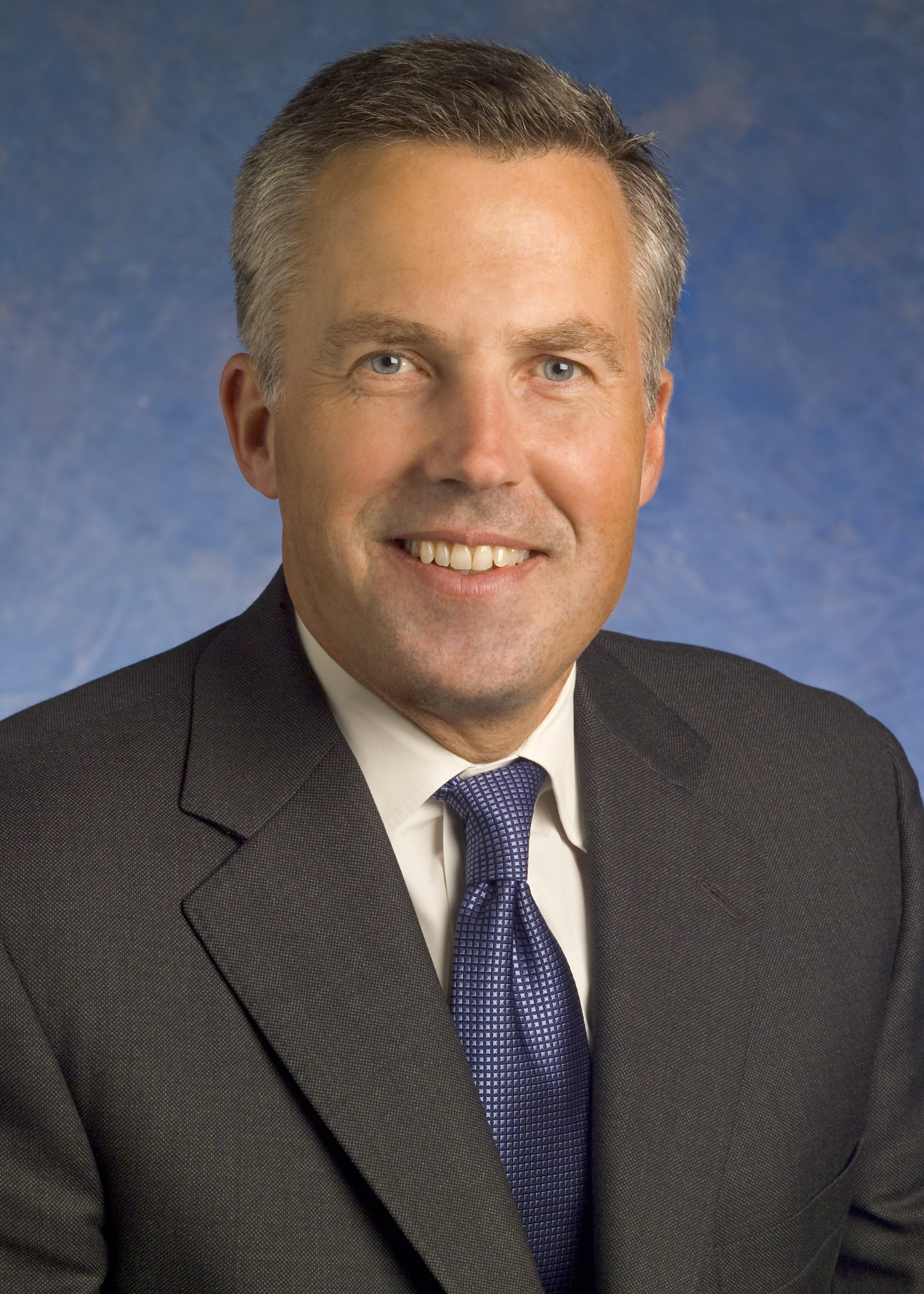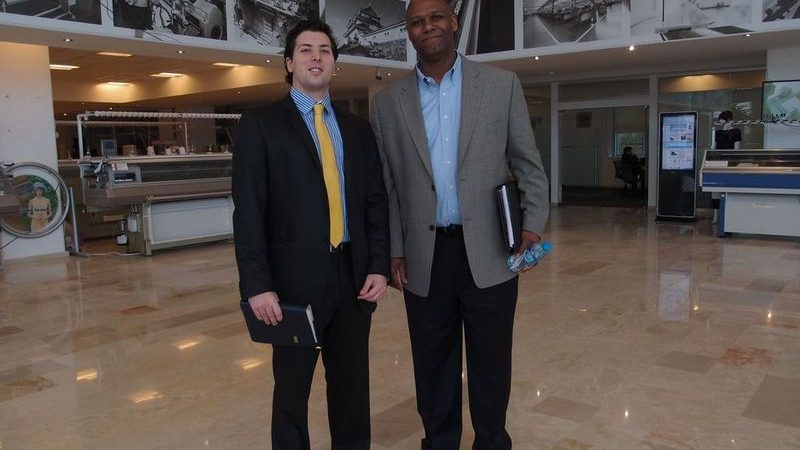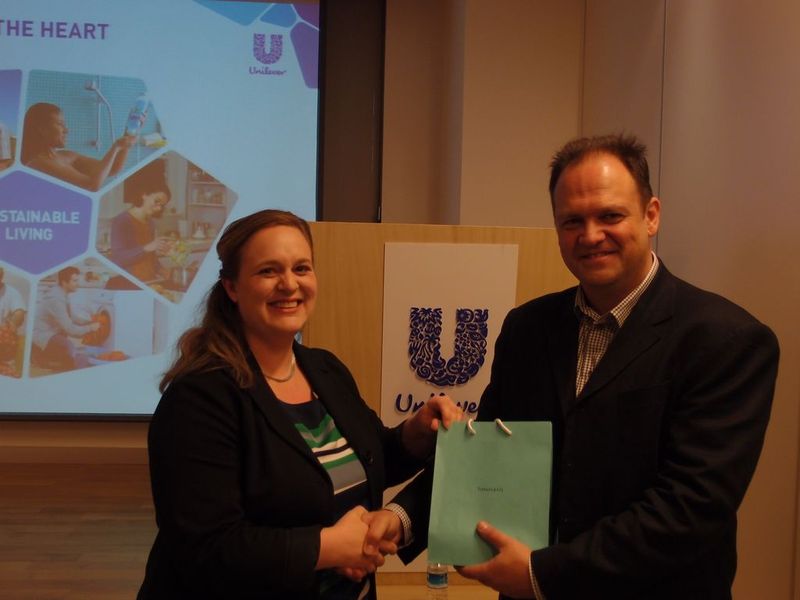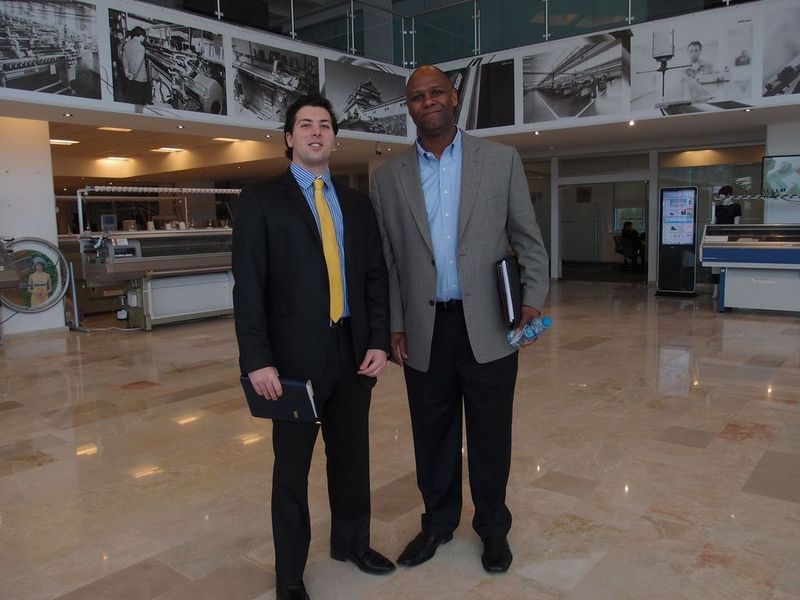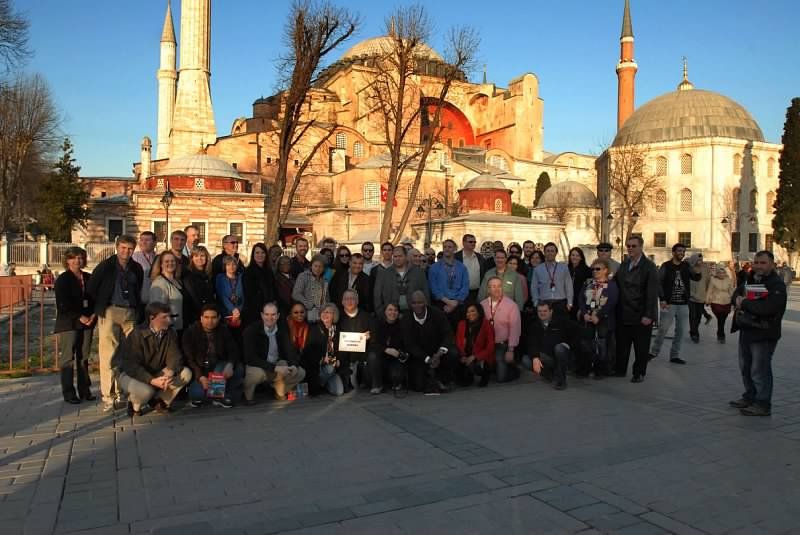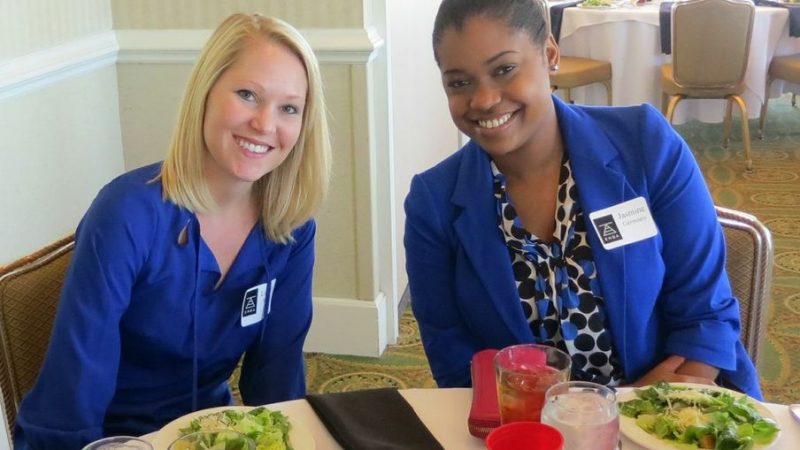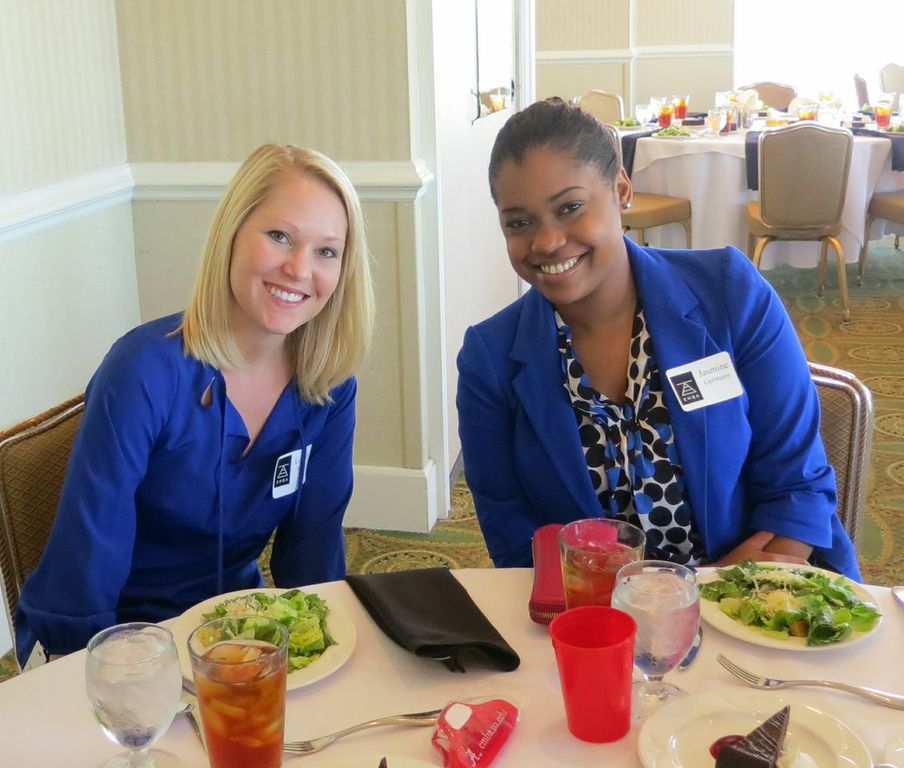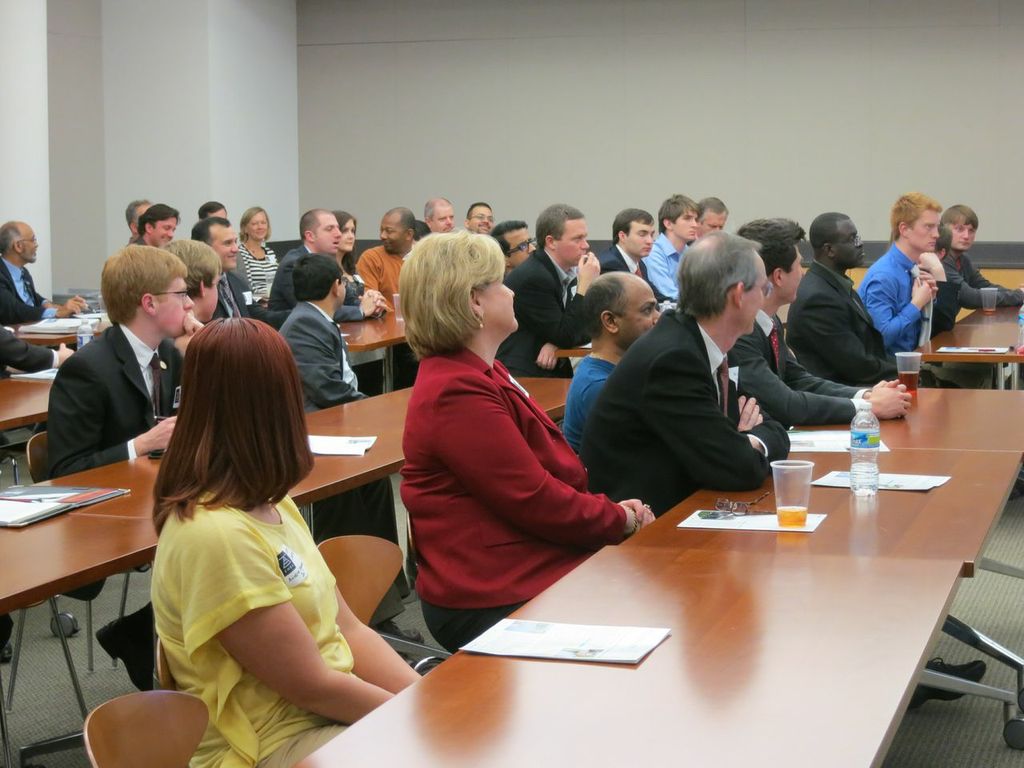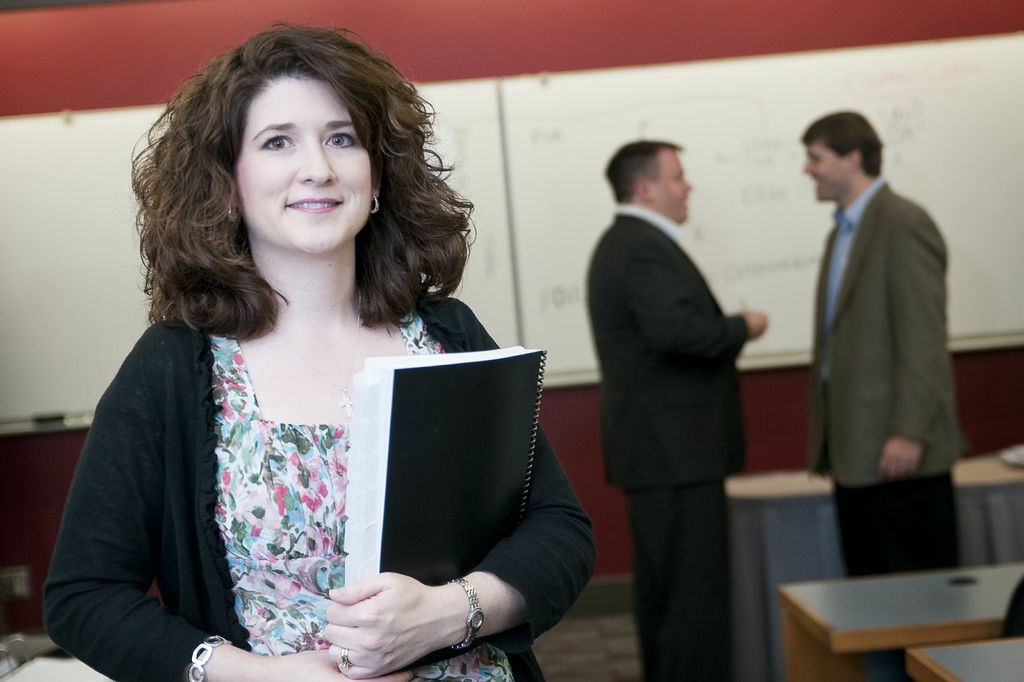Celebrating EMBA Class of 2015 Graduates, Families and Veterans
- May 28th, 2015
- in EMBA Alumni Network, UA EMBA Latest News/Events
 May is always a hectic month for our Executive MBA Program. May is graduation month, a time for celebrating the accomplishments of our most recent graduating class. After 17-21 months of academic coursework, team assignments, case discussions, projects, presentations, international travel and very little sleep, our students become graduates. On May 2, 2015, the Culverhouse College of Commerce Executive MBA Program recognized the graduates and families with an Awards Banquet at the North Zone of Bryant-Denny Stadium before the formal University of Alabama commencement at Coleman Coliseum.
May is always a hectic month for our Executive MBA Program. May is graduation month, a time for celebrating the accomplishments of our most recent graduating class. After 17-21 months of academic coursework, team assignments, case discussions, projects, presentations, international travel and very little sleep, our students become graduates. On May 2, 2015, the Culverhouse College of Commerce Executive MBA Program recognized the graduates and families with an Awards Banquet at the North Zone of Bryant-Denny Stadium before the formal University of Alabama commencement at Coleman Coliseum.
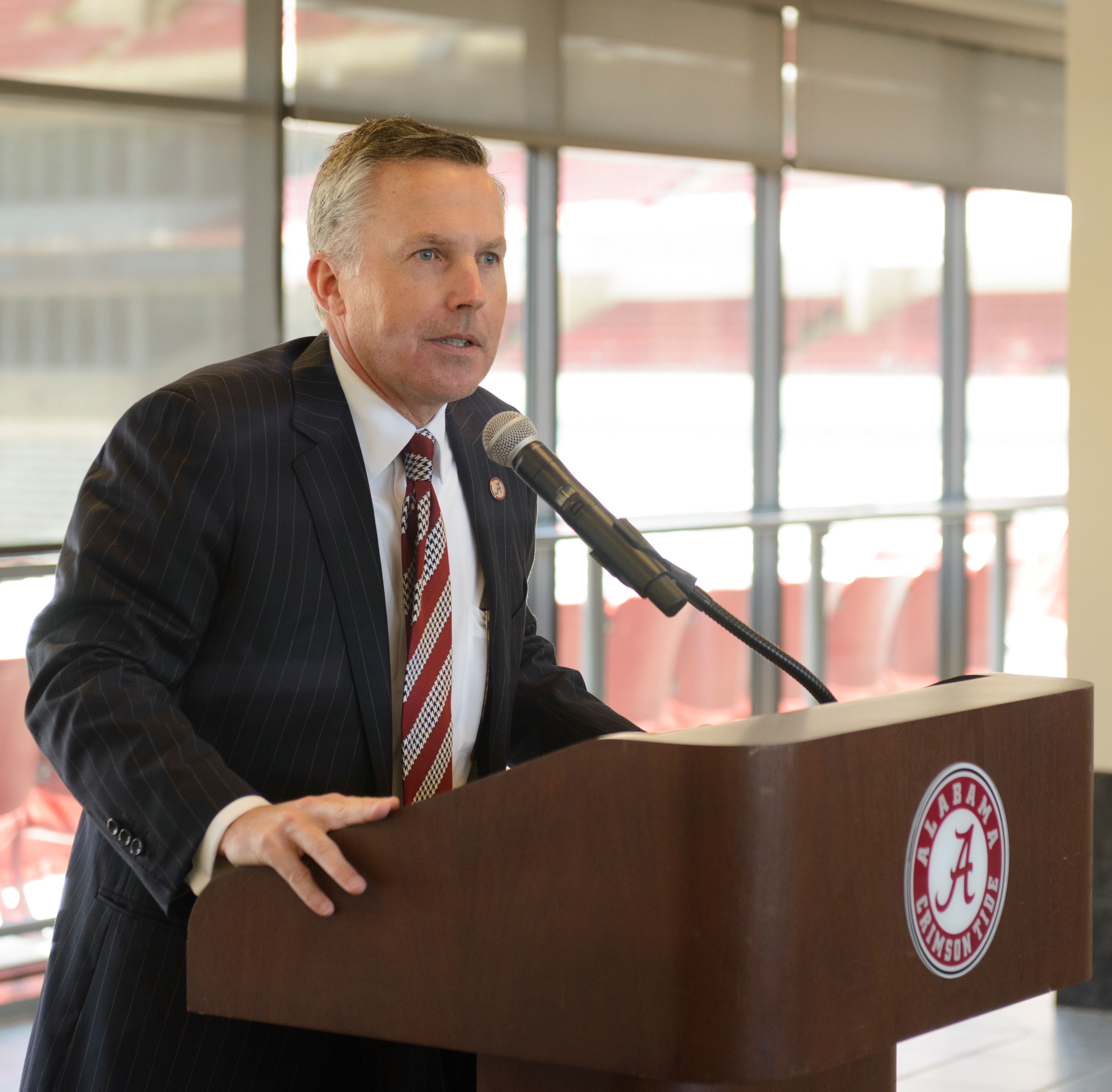
This year 27 graduates received their M.B.A. degrees from the Huntsville and Tuscaloosa EMBA classes. We also marked a milestone with our 30th graduating class in Tuscaloosa. Awards were also given to recognize class leaders and MVPs, students earning a 4.0 GPA and outstanding faculty. This year’s honorees included TEMBA President Justin Merritt and Vice President Ryan Aday, HEMBA President Randy Lewis, TEMBA MVP Neil DiChiara and HEMBA MVP Nate Drees. Graduates receiving a 4.0 GPA: Mike Brost, Nate Drees, Ashley Erickson, Justin Havrilla, Justin Merrit, Philip Morrison, Ross Swenson, Amy Tucker and Liz Williford.
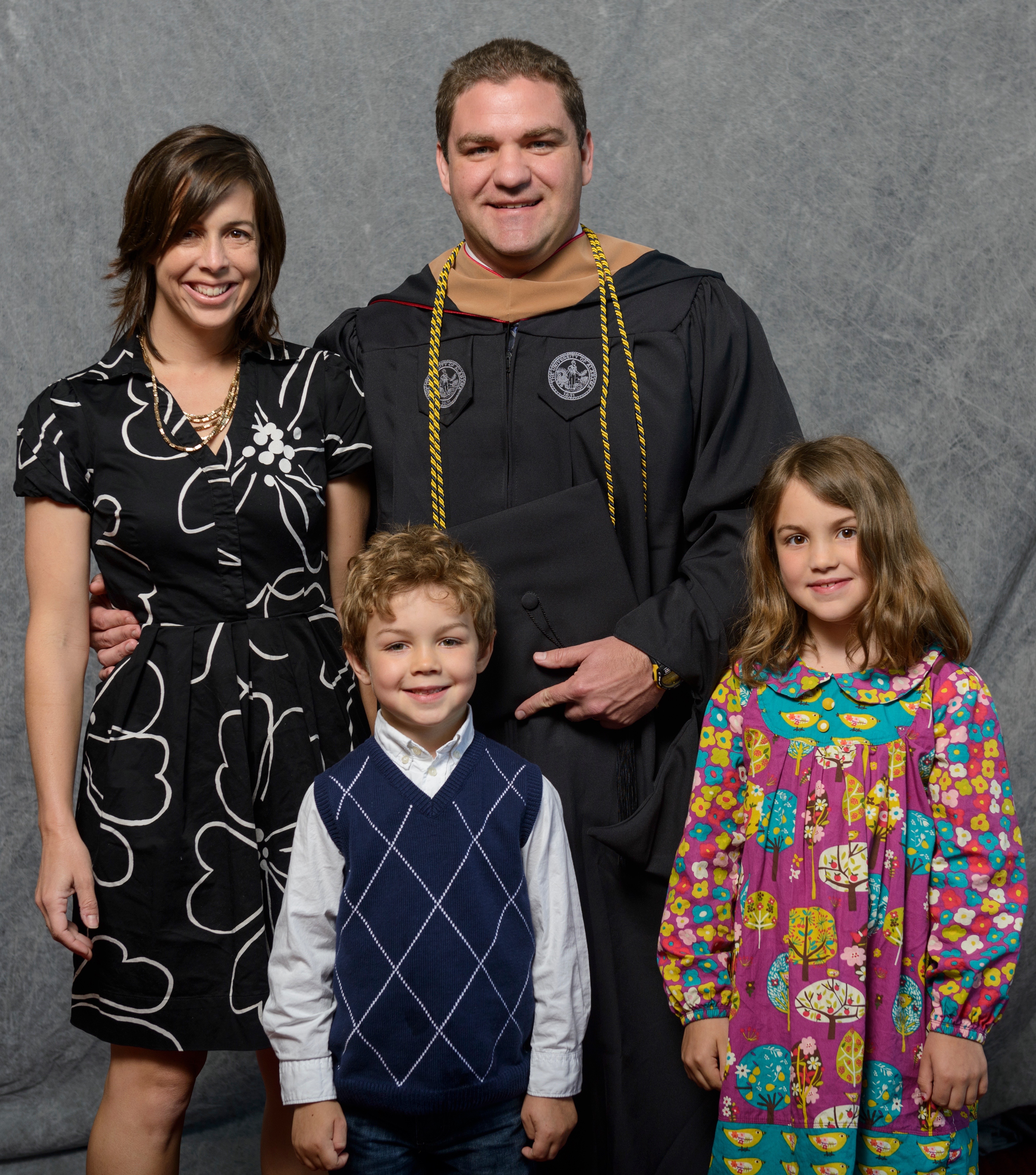
In addition, the Huntsville and Tuscaloosa classes awarded Dr. James F. Cashman Faculty Awards and EMBA Faculty Excellence Awards. The Dr. James F. Cashman Faculty Award honors the memory of the late EMBA strategy implementation professor whose high standards of integrity served as a pristine example for his students. The TEMBA class bestowed the Cashman Award to Dr. William Walsh, Economics Instructor; and HEMBA recognized Dr. Ron Dulek, the John R. Miller Professor of Management. The Faculty Excellence Awards went to Dr. William Walsh (TEMBA) and Dr. Rich Houston (HEMBA), Director, Culverhouse School of Accountancy and Hilton Dean Professor of Accounting.
Attending the EMBA Awards Banquet and University Commencement were over 150 family members. It is always a highlight for EMBA faculty and staff to celebrate with the family this great achievement. “We often tell students that they will find doing the program difficult without company support but impossible without family support.
The family’s encouragement and assistance cannot be underestimated,” said Donna Blackburn, director of the Executive MBA Program.
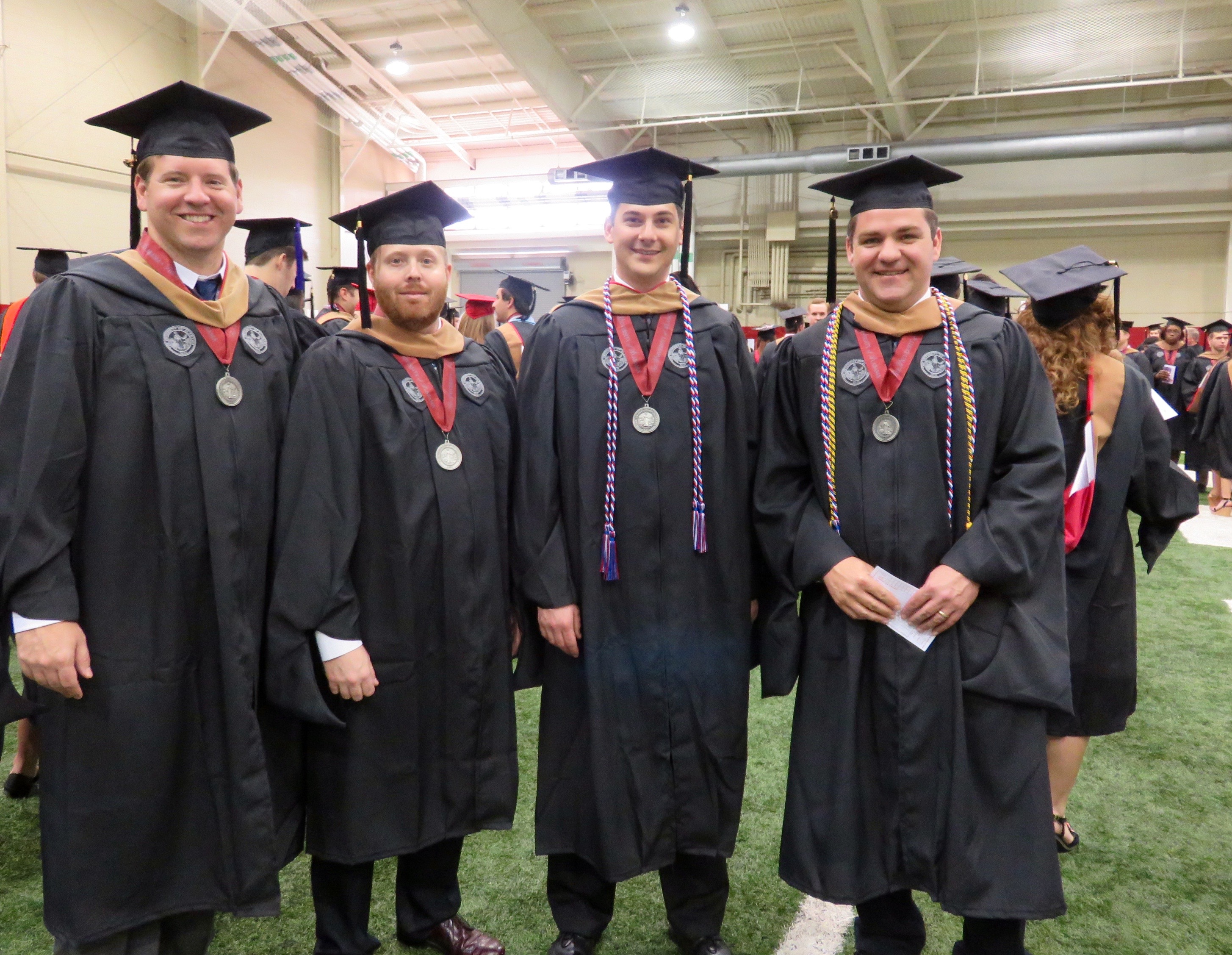
It is also a highlight for our EMBA Program to recognize the many Veterans we have in our program. This year 22% of our EMBA graduating class were Veterans. “During Commencement Veterans were given red, white and blue cords to wear with our regalia,” said Clint Vance. “UA respects and takes care of Vets who wish to attend college. Most have had a rough time and (the EMBA Program and Veteran and Military Affairs office) make it easy, and I never had an issue that was not promptly addressed.” Clint is a U.S. Army Veteran, and is currently AMP Manager with ProEquities in Birmingham.
Thank you to the family, friends and companies that supported our graduates throughout the program. Check out more photos from graduation on our Facebook page. Once again, congratulations to the Executive MBA Class of 2015:
Nancy Acquavella, Yorktown Systems Group, Inc.
Ryan Aday, BBVA Compass Bank
Julia Bobick, U.S. Army Engineering and Support Center
Mike Brost, Modern Technology Solutions, Inc.
Zac Buchanan, Blue Line Rental
Kathleen Crawford, Department of the Army
Neal DiChiara, The University of Alabama
Nathan Drees, Universal Lighting Technologies
Ashley Erickson, AMRDEC
Justin Havrilla, AAR Integrated Technologies
Jeremy Howe, Columbia College
Matthew Legg, Sterne Agee
Randy Lewis, U.S. Army
Kelly Lindsey, The Golf Associates
Justin Merritt, KBR, Inc.
Philip Morrison, Chip Rewards
Vanessa Pettway, Otsuka America Pharmaceutical, Inc.
Sam Price, Nucor Steel Birmingham, Inc.
Adam Ritch, JMJ Associates
Ross Swenson, Regions Financial Corporation
Garett Toflinski, Randall-Reilly
Amy Tucker, Sonoco
Clint Vance, ProEquities, Inc.
Katherine Wayne, SAIC/PFRMS
Lance Will, Honeywell Aerospace
Robb Williams, Lear Corporation
Liz Williford, Southern Nuclear
For more information about the Culverhouse EMBA Program at The University of Alabama, contact Cheryl at caltemara@cba.ua.edu, or call 205.348.4501.


